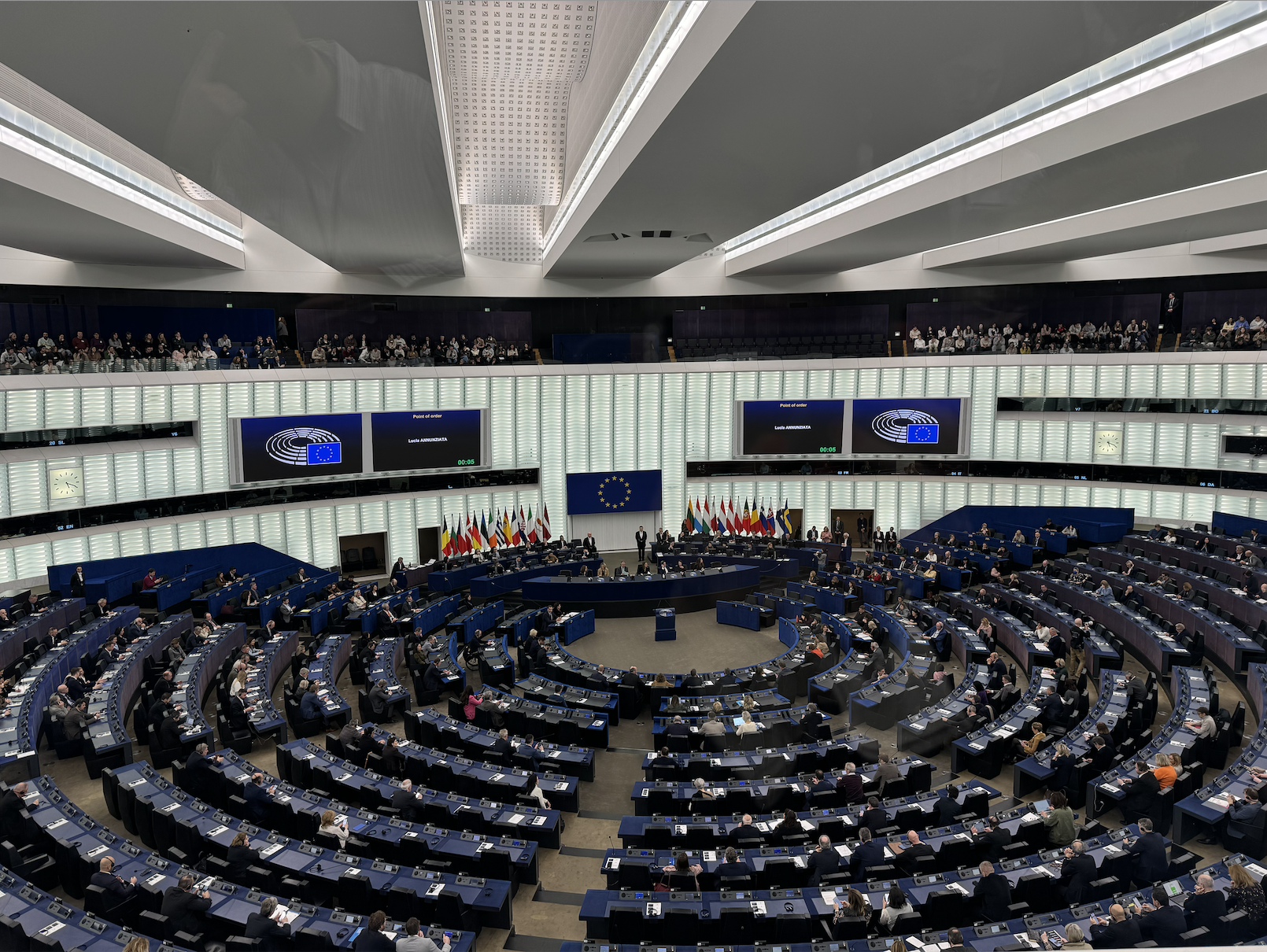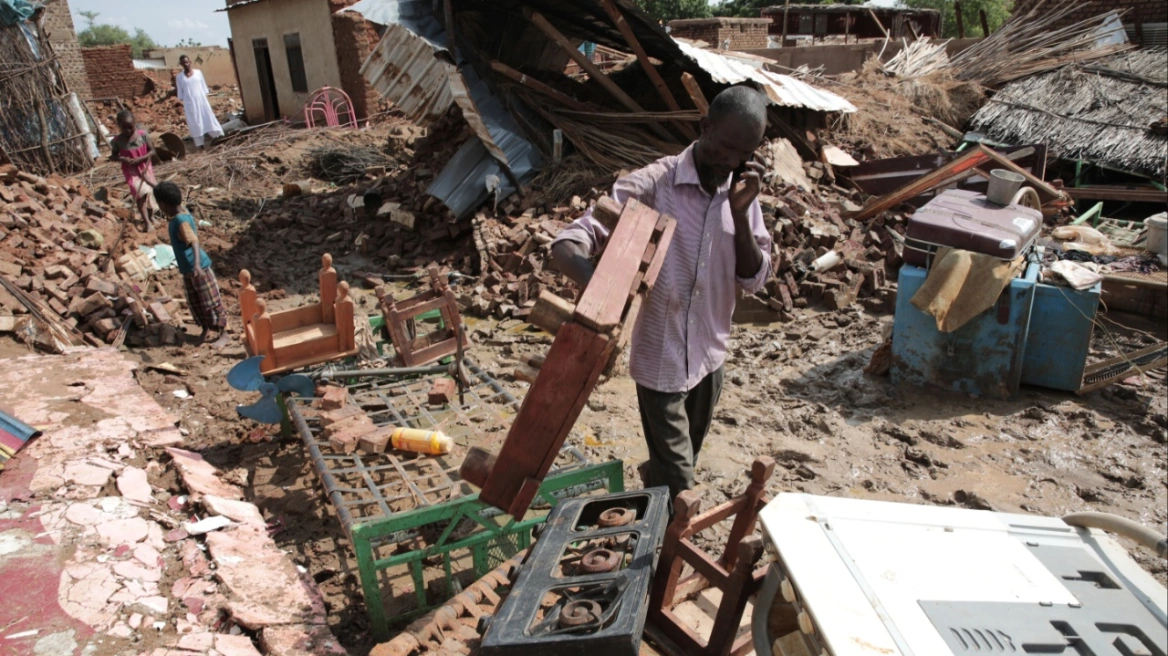Greece will start feeling the African heatwave forecast for the next 4 days starting from Thursday. With temperatures expected to reach over 43 degrees Celsius the National Meteorological Services (EMY) issued an extreme weather bulletin, while the Health Ministry has released a set of instructions to the public on the best practices to deal with the heat. According to the weather bulletin, temperatures are expected to gradually elevate to 40 degrees Celsius by Saturday and Sunday, with some areas of Attica, Drama, Serres, Imathia and Thessaly expected to see highs of 43. Authorities have reassured citizens that despite the spike in energy consumption, a contingency plan has been devised to deal with possible problems in the electricity network. The Health Ministry issued a series of instructions to combat the heat that include:
-Avoiding exposure to sunlight. Staying under shade and cool spots. Wearing light open-necked clothing, head covering (using a hat, umbrella, etc.)
– Avoiding strenuous physical work, especially in places that have a high temperature with humidity, as well as under the sun.
– Particular attention to nutrition, such as: Absorption of abundant liquids, preferably water and natural juices. Avoiding alcoholic beverages. A low calorie diet consisting mainly of vegetables varying fruits, as well as intake of food low in fats.
-Frequent baths and showers.
-Infants and children should dress as lightly as possible. Especially for infants, it is preferable for their hands and feet to be free and not to be wrapped in diapers. When it is hot, guardians should give them liquids (water) apart from milk.
– Staying in air-conditioned rooms or ones with ceiling fans is recommended.
-Special care should be taken when high temperatures are combined with increased levels of atmospheric pollution.
Meanwhile, many air-conditioned rooms in Athens and Piraeus will be available by local councils for the elderly or other vulnerable and sensitive groups.
Ask me anything
Explore related questions





